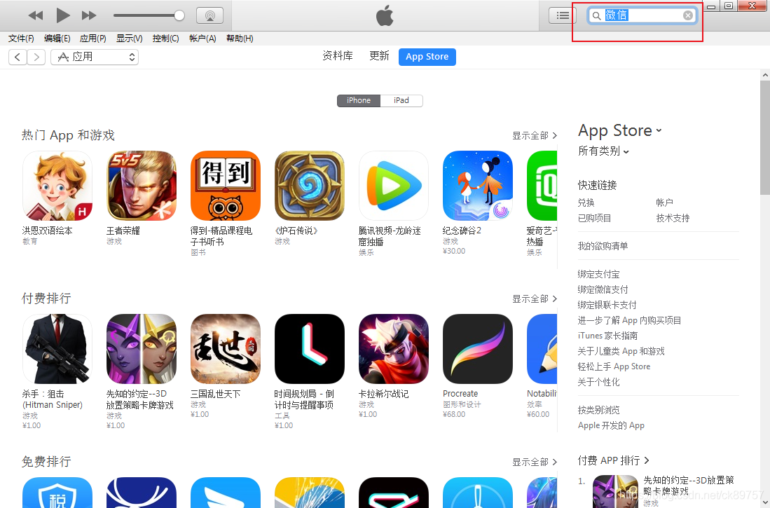TL;DR:
- Multiple generative AI apps were removed from Apple’s China App Store ahead of new regulations.
- Chinese developers received notices from Apple citing “content that is illegal in China” as the reason for removal.
- China announced measures to regulate generative AI services, requiring apps to obtain an administrative license.
- The removal of over 100 AI apps may deter developers, leaving the market dominated by deep-pocketed internet giants.
- China’s strict approach to regulation underscores the need for compliance and accountability in the generative AI space.
Main AI News:
China’s flourishing generative AI app market is currently grappling with a severe regulatory backlash, as Apple’s China App Store recently removed multiple AI apps just ahead of the upcoming implementation of new government regulations. This unexpected move has sent shockwaves through the tech community, leaving many developers uncertain about the future of their apps.
According to Apple, the removal of these apps was prompted by “content that is illegal in China.” This action comes in the wake of China’s comprehensive set of measures aimed at regulating generative AI services, including those provided through APIs. The newly established rules mandate that AI apps operating in China must obtain an administrative license, adding a new layer of compliance for app developers.
Apple’s decisive action underscores the Chinese government’s unwavering commitment to tighten controls over deep synthesis technologies (DST) and generative AI services, with a particular focus on the popular ChatGPT platform. This regulatory scrutiny aligns with China’s broader mission to ensure that no illegal or politically sensitive content slips through the cracks of its cyberspace.
Prominent tech blogger @foxshuo further highlighted the severity of the situation by revealing that over 100 AI apps had disappeared from the China App Store. TechCrunch’s independent verification corroborated this revelation, adding to the mounting concerns within the AI development community.
China has emerged as a pioneering force in regulating the rapidly expanding generative AI landscape, setting an example for other countries to follow. As the new regulations loom, developers are bracing for the potential challenges of obtaining a generative AI license. This regulatory uncertainty may lead to a cautious approach, with many independent developers hesitating to enter the market. Consequently, this could pave the way for established tech giants with deep pockets to dominate the generative AI sector.
Conclusion:
The recent removal of generative AI apps from Apple’s China App Store, in anticipation of the new regulations, has sent a clear message to the market. China’s proactive stance on regulating deep synthesis technologies and generative AI services signifies the government’s determination to ensure the online space remains free from illegal and sensitive content. Developers now face a stringent compliance environment, potentially discouraging entry for independent players and favoring larger tech giants. This regulatory storm highlights the importance of adhering to licensing requirements and underscores the significance of navigating the complexities of compliance in the evolving generative AI app market.

